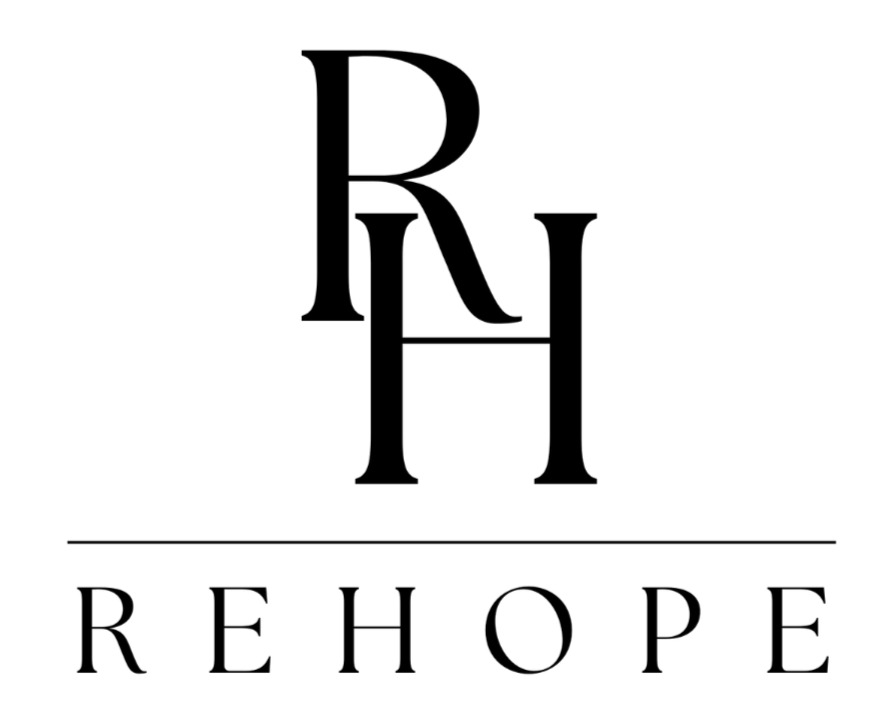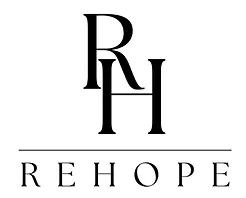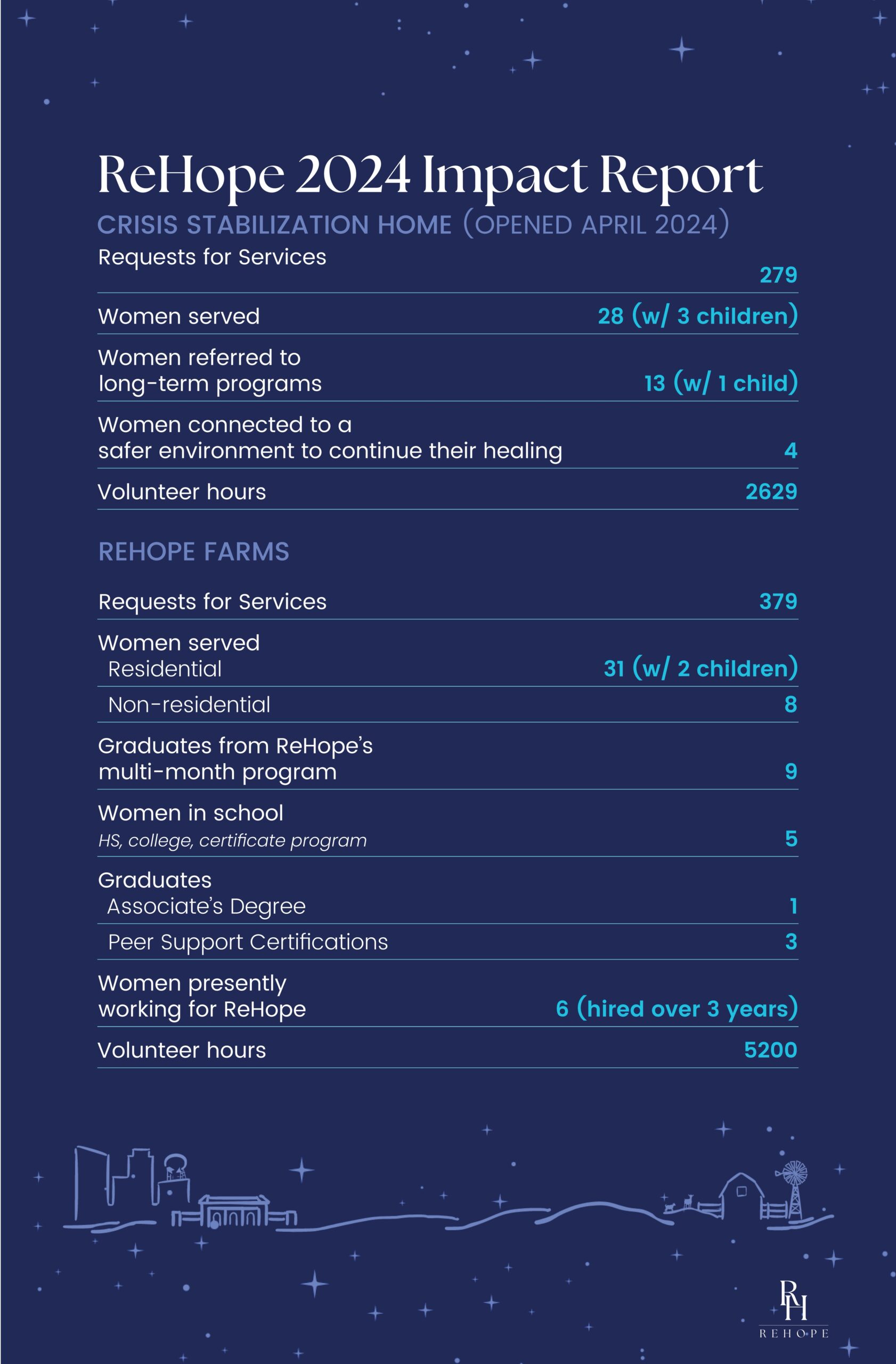developer@segalomedia.com . May 19, 2023
HEALTHCARE & Trafficking: Identifying Trafficking with ICD Codes

Statistics and accurately measuring data of the problem of human trafficking is notoriously difficult to quantify. From law enforcement to hospitals, the number of victims identified by professionals is stunningly low and most national statistics do not reflect the enormity of the problem.
There are numerous reasons why most statistics are not accurate. Not only are professionals not trained on how to identify and report trafficking, but many victims do not self-identify when they intersect with different agencies and systems.
Beyond that, there are different laws for minors versus adults and different signs for labor trafficking versus sex trafficking. Not to mention there are limited central databases collecting all of the information on city, state, and national reports.
That being said, one way that healthcare organizations can start to collect data on trafficking is by looking at ICD codes. ICD stands for International Classification of Diseases (there are different editions of codes) and is a medical coding system that catalogs health conditions by categories of similar diseases (World Health Organization).
Codes were recently added in the United States related to human trafficking and exploitation. While many providers are not using these codes, due to lack of awareness, lack of understanding how to identify victims in general, and even lack of reimbursement related to the codes, there are a few healthcare providers using them, which gives us crucial data.
When these codes are used, it makes it possible to look at other physical and mental health issues associated with trafficking. A study that published in 2022 looked at the ICD-10 codes (10th edition codes) from healthcare organizations around the United States.

Of the thousands of records available to the researchers, 298 patients had ICD-10 codes related to trafficking or exploitation. The demographics showed that 53% of the patients were white, 28% were black/African American, 12% were Hispanic, 3% were Asian, 3% were American Indian/Alaska Native, and 15% had unknown race/ethnicity. Almost 90% of the patients identified were female.
The medical providers used sex trafficking codes much more frequently than labor trafficking codes, possibly due to our societal focus on sex trafficking over labor trafficking.
The most frequently used HT ICD-10 codes were related to “suspected/unconfirmed sex trafficking” or a “personal history of being trafficked”. Which reaffirms the reality that victims who are actively being trafficked do not verbally disclose to professionals most of the time.
When looking at diagnoses associated with these patients, headache and fatigue were the most commonly reported symptoms. Over half of the patients also had codes related to digestive symptoms and respiratory or circulatory symptoms. 70% of the patients had codes related to psychiatric symptoms, predominantly major depressive disorder and anxiety disorders. Approximately one-third of patients had also had a diagnosis of posttraumatic stress disorder. In addition, about 25% of the patients had codes related to suicidal ideation. Finally, nearly half of patients had a substance use disorder code, most commonly nicotine, then cannabis, followed by cocaine, opioids, and alcohol.
While this study is useful in affirming trends already known with trafficking (i.e., the intersection of mental health and substance use with trauma), other trends were highlighted that have been overlooked, like complaints related to fatigue or headaches by victims.
Sadly, the reality that only 298 patients, out of thousands of patients, were recognized, points to the fact that training is desperately needed for healthcare workers, including accurate education on signs of trafficking and how to screen patients appropriately.
The article referenced can be found here- https://doi.org/10.1177/00333549221095631
For more information on training professionals contact REHOPE University at https://rehope.org/rehope-university





